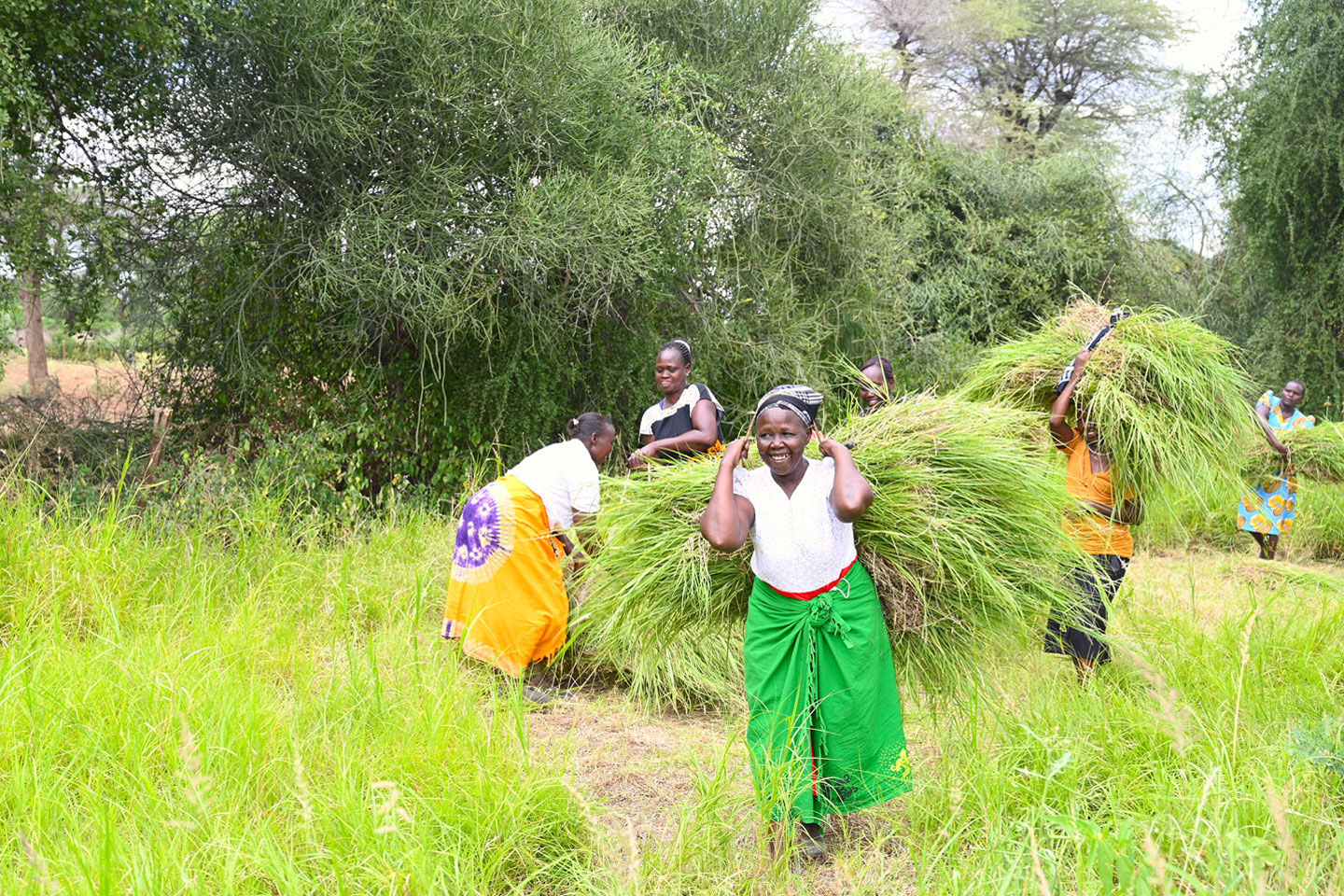

World Vision’s Farmer Managed Natural Regeneration is a powerful tool to prevent climate change related conflict
Climate change related conflict is on the rise and presents a significant threat in developing countries, including Papua New Guinea, according to World Vision’s recently released report, Rising Storms: Climate impacts on conflict, community tensions, and hunger.
While human-induced climate change affects our natural environment, it is also one of the main security challenges of the 21st century. Climate change is inciting violence in developing regions with the research indicating that climate hazards are a leading cause of conflict, forced relocation, and food insecurity.
The effects of climate change increase pressures on natural resources such as decreased crop yields, degraded land, and diminished and contaminated water supplies. This added pressure can lead to conflict with disputes over land boundaries, access to water, pasture and dwindling resources, and public services stressed further as a result.
A simple and sustainable regeneration practice called Farmer Managed Natural Regeneration (FMNR) is a low-cost nature-based solution that has the potential to be scaled globally and one of the most effective ways to support climate change mitigation and adaptation. It is a quick and easy process for degraded land restoration which involves regenerating trees from stumps that are still alive or managing new trees growing from wild seedlings through pruning.
While FMNR has multiple climate and environmental benefits – it is also a community-led approach to restoration and resource management which makes it a powerful tool to prevent natural resource conflict. In high-conflict and fragile contexts, local peace actors and environmental actors join forces to decelerate violent conflicts as they occur. The collaborative approach of FMNR produces deep impacts not only in environmental restoration, but also in local peace.
The survey examined the views of more than 2,700 people in nine low- and middle-income countries (in six case study locations)* and revealed 86% of people in affected regions are already experiencing a wide variety of climate hazards, and over 60% believe that climate change is specifically worsening conflict in their communities.
More than half (54%) said climate impacts are creating conflict – 57% agreed that climate change increases the risk of hunger and food insecurity driving higher levels of malnutrition, starvation, and famine, while 99% of respondents agreed that climate change leads to displacement either to or from their community.
Survey participants also saw the links between climate and conflict as something that was likely to continue to have an impact on their community into the future – 61% agreed that if the negative impacts of climate change increase, conflict in their area will increase. However, they also saw a reason for hope – 60% said that if the negative impacts of climate change reduce, conflict in their area will reduce.
FMNR can ease conflict and improve safety by helping to stabilise the environment, mitigate the impacts of climate change, and reduce potential disputes over limited resources. Overall, FMNR empowers communities to manage and benefit from their natural resources sustainably, leading to improved livelihoods, reduced vulnerabilities, and enhanced security.
To view the Rising Storms: Climate impacts on conflict, community tensions, and hunger report, click here.
* Case study locations include Centre Est in Burkina Faso, Haut Katanga and Lualaba in the Democratic Republic of Congo (DRC), Anbar in Iraq, Bougainville in Papua New Guinea (PNG), and Puttalam in Sri Lanka. Findings from a range of urban, rural, and indigenous communities in El Salvador, Guatemala, Honduras, and Nicaragua are grouped as the Dry Corridor.








